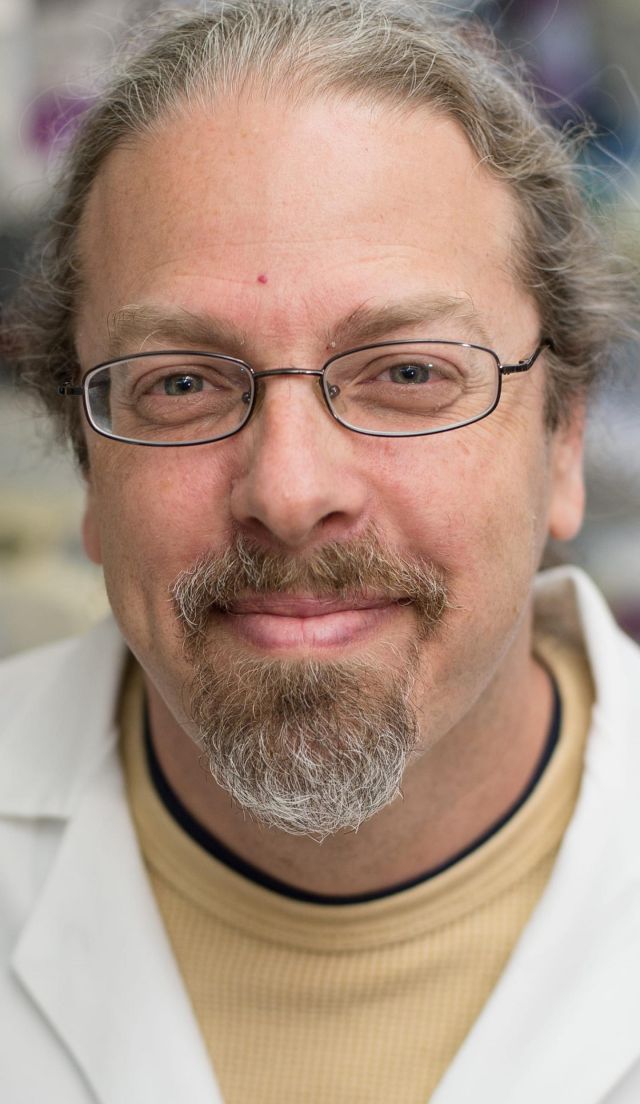Joff Silberg, Ph.D. Stewart Memorial Professor, Rice University

Seminar
This BIOE 225 Seminar will be hosted in person.
Speaker:
Joff Silberg, Ph.D.
Stewart Memorial Professor
Department of BioSciences
Rice University
Faculty Host
TBA
Title: TBA
Abstract:
TBA
Research:
Our research is focused on understanding the organizing principles of life through bottom-up synthetic biology. We are developing strategies to reliably design cellular programs with robust characteristics that allow for applications in agriculture, biogeochemical cycling, ecology, electronics, energy, information storage, and medicine. Our research falls into three major areas: (1) Environmental Synthetic Biology. We are using synthetic biology to study microbial behaviors in hard-to-image soils and sediments where traditional visual reporters are challenging to use. The goal of these studies is to understand how changes in the physical and chemical properties of a matrix control dynamic microbial behaviors, like quorum sensing, horizontal gene transfer, and microbe-plant signaling that underlies the formation symbiosis. To facilitate studies in soils and sediments, we are developing new outputs for genetic circuits (gas reporters) that provide dynamic information on gene expression in non-transparent materials. (2) Redox Synthetic Biology. We are using synthetic electron transport pathways to study the electron transfer mediated by small protein electron carriers like ferredoxins. These studies are motivated by our interest in understanding what controls the proportion of electrons that are transferred between different metabolic pathways with a long-term goal of deriving maps for electron flux in cells, i.e., the electron fluxome. Using the knowledge that we glean from these studies, we are building synthetic electron transfer pathways and cell-electronic devices (bioelectronics) to assist with fundamental studies and enable the creation of useful new technologies. (3) Overcoming Component Limitations in Biology. We have developed transposon mutagenesis methods that simplify the construction of combinatorial libraries encoding proteins, including libraries of fragmented and circularly permuted proteins. We are subjecting these libraries to selections, deep sequencing, and computational analysis to obtain unbiased insight into protein tolerance to these mutational lesions. In parallel, we are applying these methods to overcome component limitations in synthetic biology by creating protein switches that display novel chemical-dependent activities.